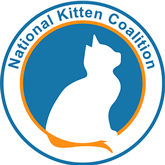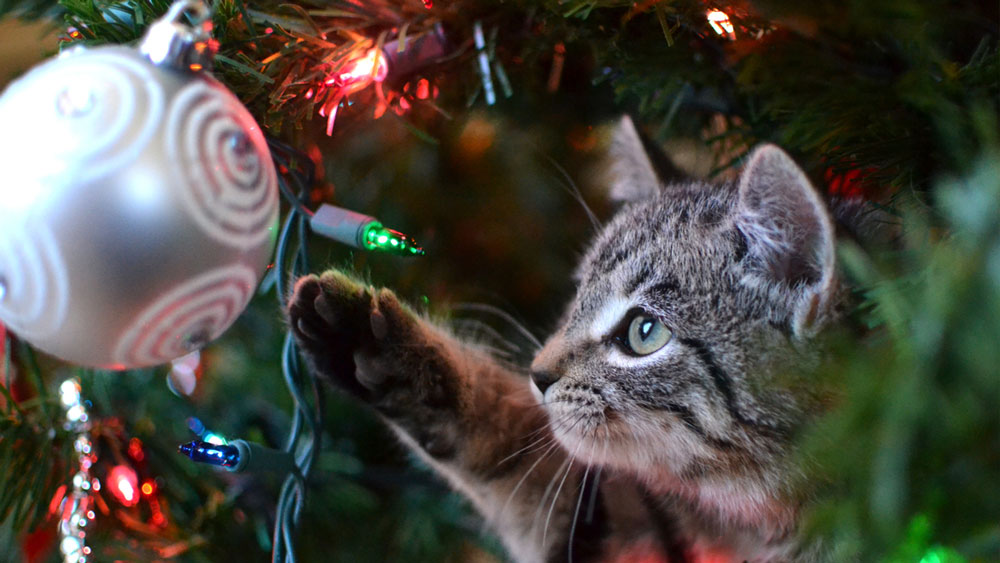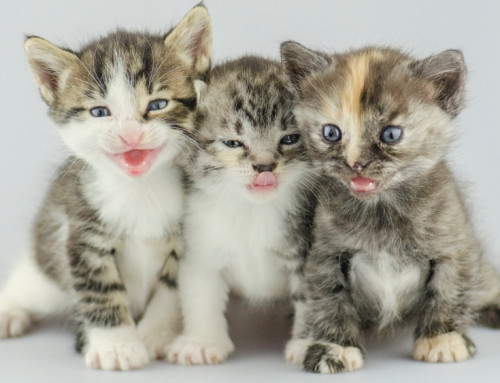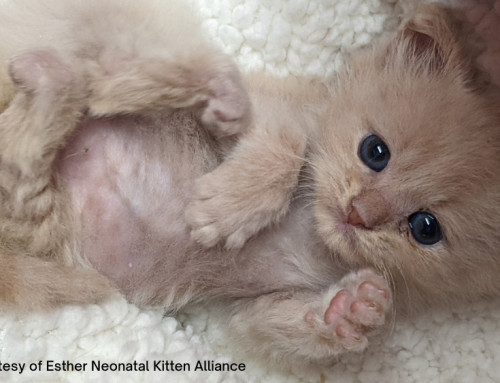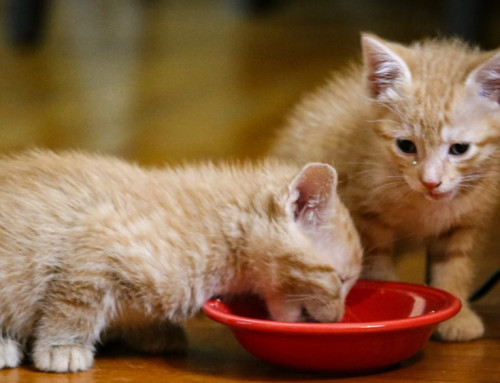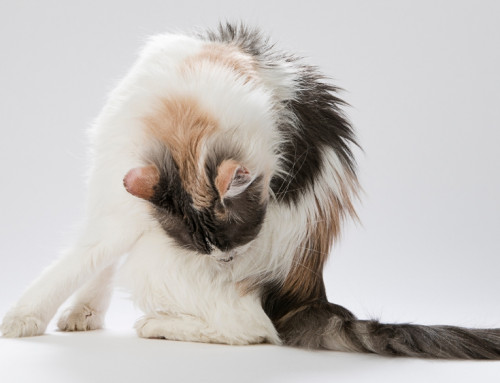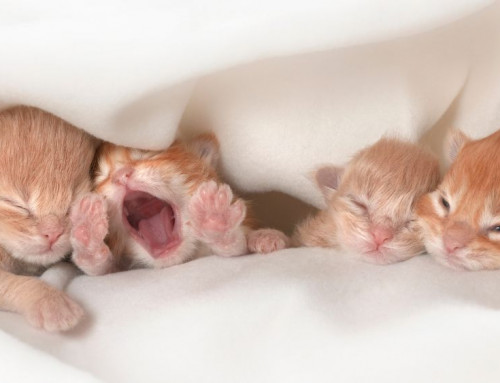Share this resource or email it to a friend!
Everything is a toy to kittens, who can be injured in the blink of an eye. Take precautions to protect them from these potentially dangerous items, some of which can be fatal:
- Foods: chocolate, grapes, raisins, alcohol, raw yeast dough, fatty meats and bones.
- Plants: holly, lilies, Christmas tree water. Make sure your Christmas tree is secure so it can’t be toppled.
- Decorations: tinsel, flocking, glass ornaments, ribbons, candle flames, potpourri, essential oils, food presents left under the tree, which although they’re wrapped, are within range of your kitten’s nose.
- Appliances: dryers and washing machines, hot stoves and ovens, refrigerators and freezers, dishwashers. Be sure to check your kitten hasn’t slipped inside.
- Items that can entangle pets or be swallowed (threads, ribbons, dental floss, string, yarn, paper clips, shoelaces, needles, buttons, coins, rubber bands, hair ties/clips, jewelry, batteries) may cause an intestinal obstruction and require emergency surgery to save your pet.
- Miscellaneous: electrical, charger and curtain cords, in fact all cords, guests (opening doors, leaving medications out), sharp objects (knives, scissors, razors, safety pins), smoking products, mothballs, fabric softener sheets, rodent poison and baits, plastic bags, garbage, open windows, loose/torn window/door screens, toilet seat covers that aren’t closed, earbuds and hot fireplace logs and sparks.
Know the symptoms of poisoning in case your kitten gets into something dangerous, These are some of the symptoms of poisoning:
- Drooling, pawing at the mouth
- Breathing slowly, rapidly or with difficulty
- Retching, vomiting
- Diarrhea
- Lethargy, depression
- Wobbling, falling, twitching, seizuring
- Collapse, unresponsiveness
Call your veterinarian, an emergency veterinary clinic or the ASPCA Animal Poison Control Center’s 24-hour hotline at (888) 426-4435 if you suspect your kitten has gotten into something harmful. Know how to get to the animal emergency hospital before you need it, and call ahead to be sure the hospital is open and to alert them that you’re coming.
The holidays should be joyful, but they may also be stressful, especially for kittens and other pets who thrive on routine. Create a space in your home that’s cozy to which your pets can choose to retreat, if they are uncomfortable. You may also choose to put your pets in their cozy space when you think the holiday activities may be too busy or unsafe for them.
If your holiday plans include travel, the best option may be to leave your kitten at home with a trusted family member, friend or pet sitter. If you’re traveling with your kitten, be sure to accustom him to a carrier. Line the carrier with a towel that doesn’t have loops in which your kitten’s claws can get caught, and place a doggy pee pad or disposable diaper under the towel just in case. Carry poop bags, too.
The carrier should be placed on the floor behind the passenger car seat or under the airplane seat in front of you. If you’re flying, the airline may require that 1) the carrier be within specific dimensions and 2) the kitten has a health certificate within a specific time period. If the security agent requests you remove your kitten from the carrier, politely demand that you be put in a closed room to do so.
Keeping the holidays safe is the best gift you can give to kittens, other pets and you! If your feline doesn’t wear a breakaway collar with ID, and have a microchip in case the collar breaks off or is removed, they would be great items to include at the top of your holiday gift list.
Happy Holidays to one and all from The National Kitten Coalition!
